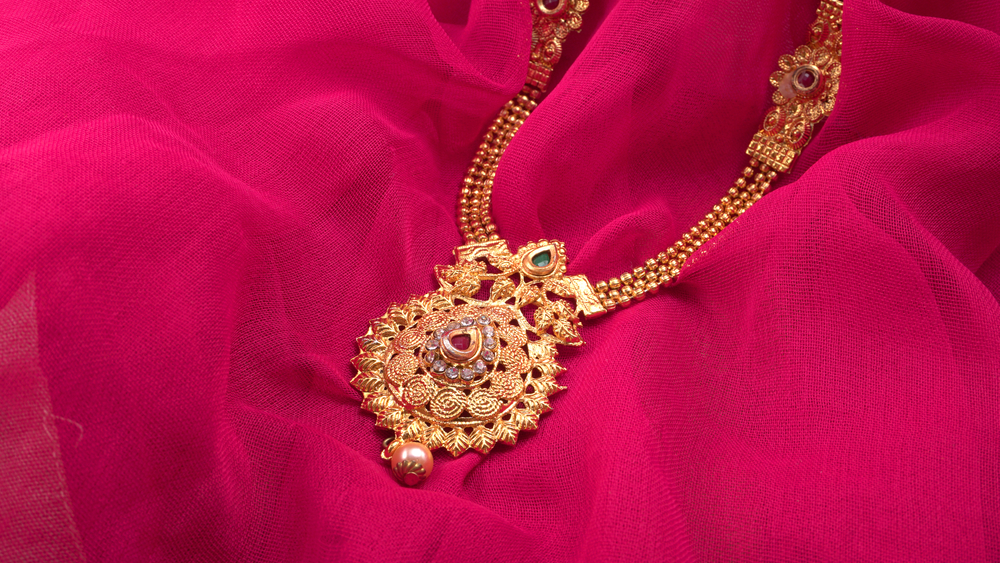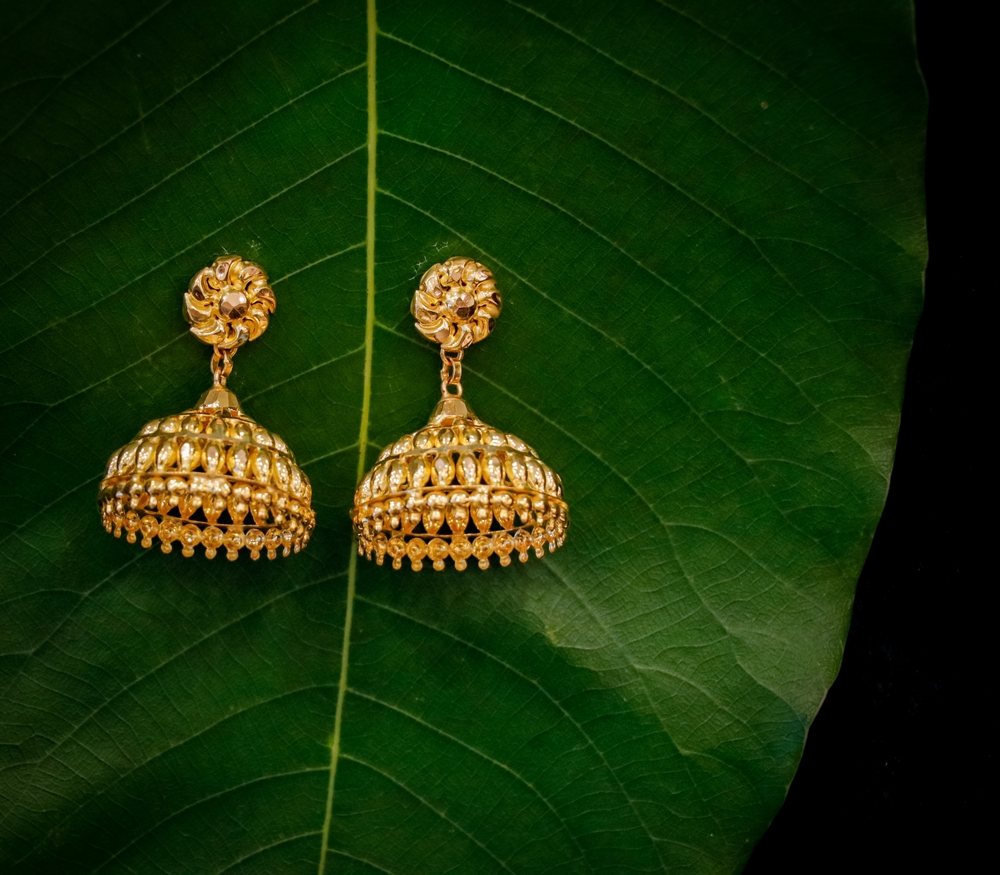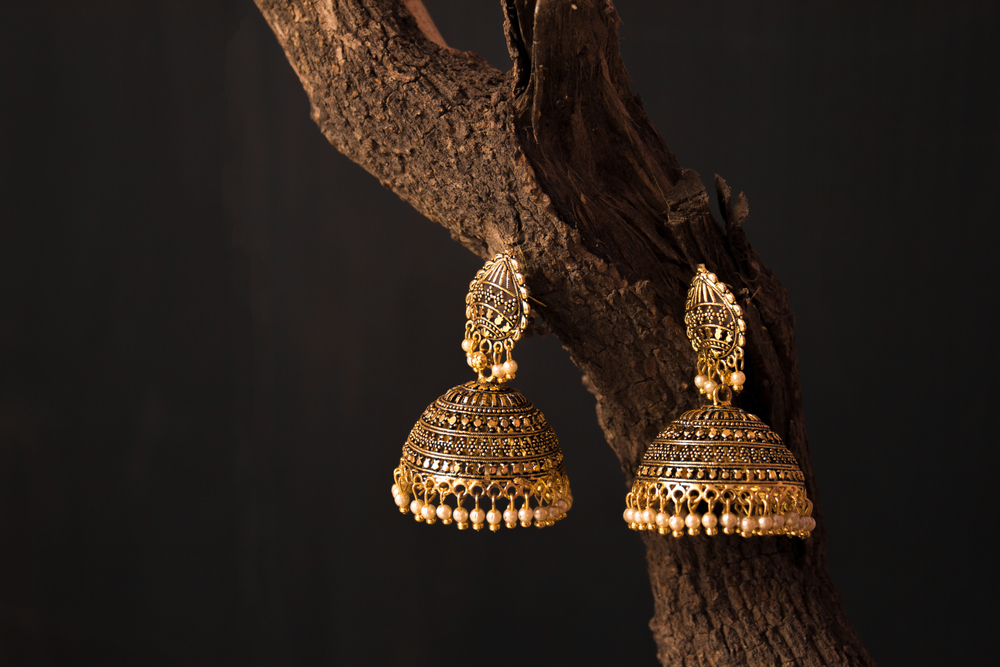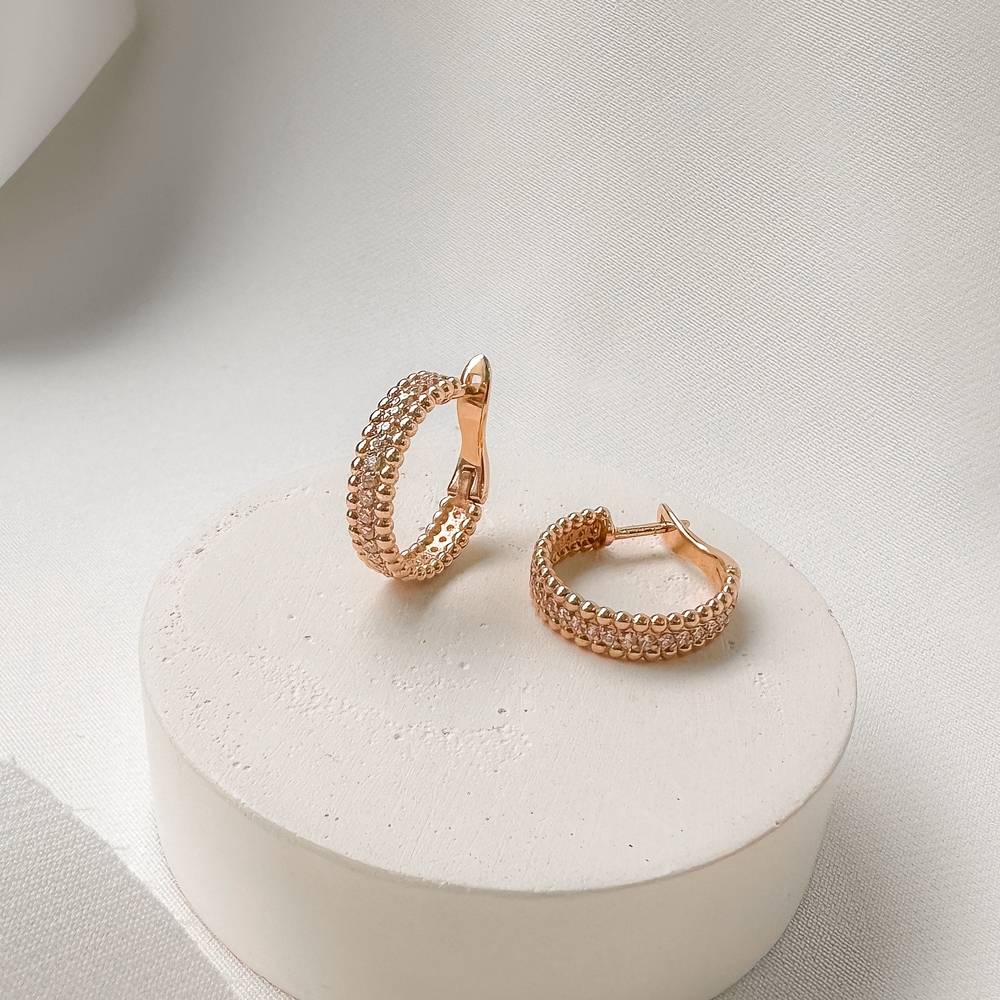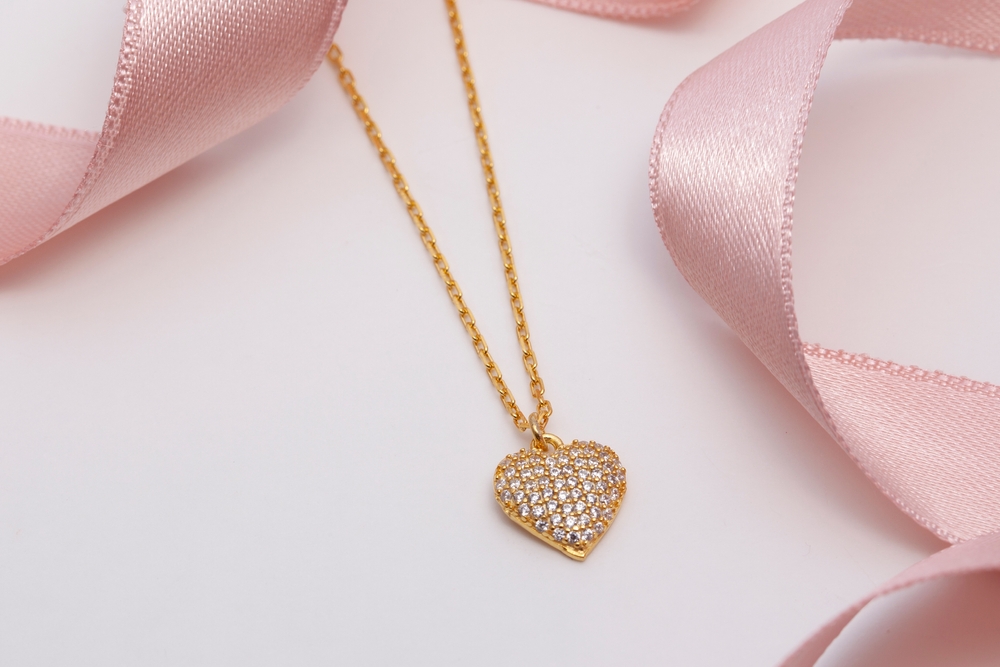Introduction
Gold jewellery has captivated hearts and adorned bodies for centuries, evolving through various styles and cultural influences. From the opulent designs of ancient civilizations to the sleek, minimalist pieces of today, the journey of gold jewellery design is a fascinating reflection of societal changes and artistic expression. Each era has contributed unique essence and techniques, creating a rich tapestry of craftsmanship that continues to inspire modern designers.
The Timeless Appeal of Classic Gold Jewellery Designs
Iconic Styles That Have Stood the Test of Time
One of the most enduring classic gold jewellery designs is the signet ring. These rings, often featuring a family crest or personal insignia, were originally used to seal documents and letters. Today, they are worn as a statement of heritage and personal style. Another classic is the gold bangle, a simple yet elegant accessory that has been popular since ancient times. Bangles can be plain or embellished, and they are often worn in multiples for a bold look.
The Influence of Ancient Civilizations on Classic Gold Jewellery Essence
Many of the essences and designs we consider classic today have their roots in ancient civilizations. The ancient Egyptians, for example, were known for their love of gold and their intricate jewellery designs. They often used symbols like the scarab beetle, the lotus flower, and the ankh in their jewellery. The ancient Greeks and Romans also had a strong influence on classic gold jewellery design, with essence like laurel wreaths, acanthus leaves, and mythological creatures appearing in their pieces.
The Renaissance of Gold Jewellery: Innovation Meets Tradition
How the Art Nouveau and Art Deco Movements Redefined Gold Jewellery Design
Art Nouveau, which emerged in the late 1800s, was characterized by flowing, organic shapes and naturalistic essence like flowers, insects, and women’s faces. Art Deco, which followed in the 1920s and 30s, was more geometric and angular, with bold colors and patterns. Both movements used gold as a canvas for their innovative designs, creating pieces that were both beautiful and groundbreaking.
Revival of Vintage Designs in Modern Collections
Today, many jewellery designers are drawing inspiration from vintage and classic designs but putting their own modern twist on them. This revival of vintage styles has been a major trend in recent years, with designers using new techniques and materials to create pieces that feel both timeless and contemporary. By bridging the gap between the past and the present, these designers are keeping classic gold jewellery design alive and relevant for a new generation.
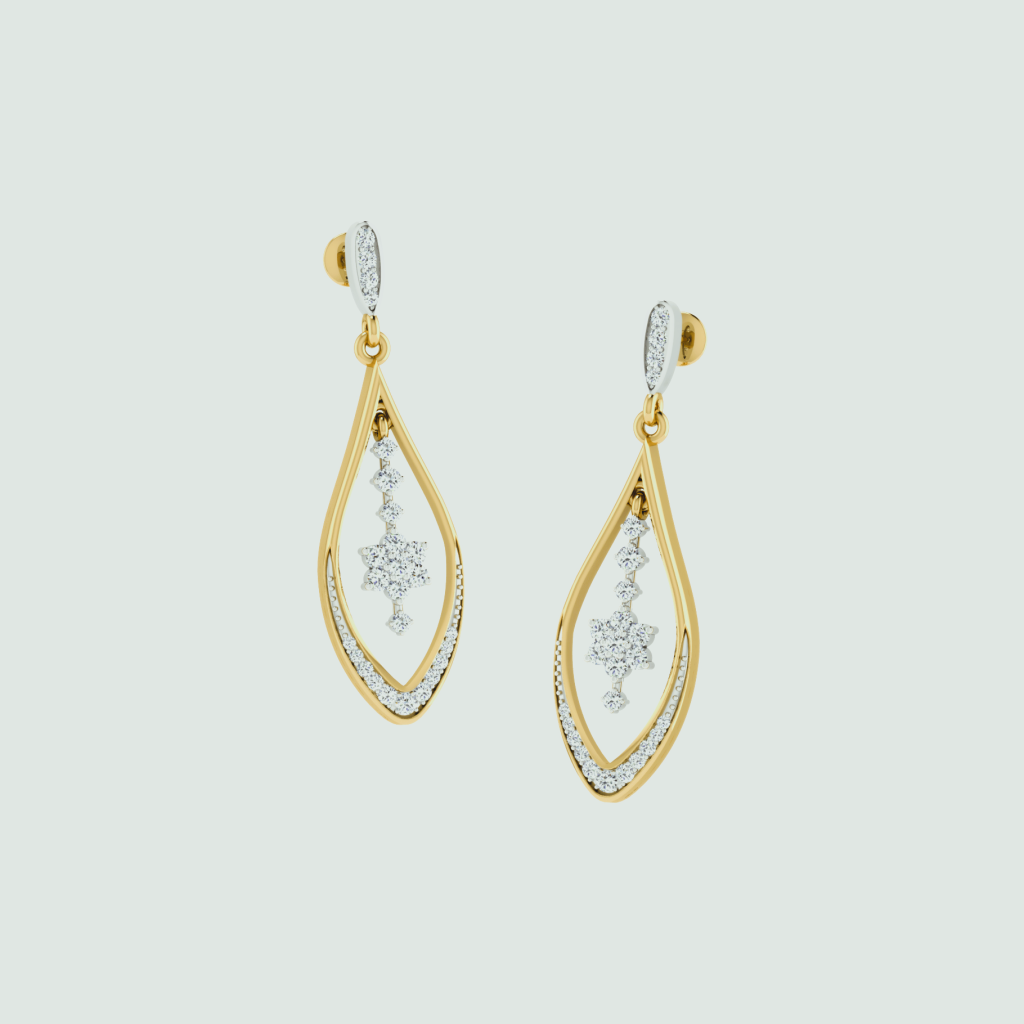
The Rise of Contemporary Gold Jewellery
Minimalism, Geometry, and Asymmetry
One of the defining characteristics of contemporary gold jewellery design is a focus on minimalism and clean lines. Many designers are creating pieces that are simple and understated, letting the quality of the gold and the craftsmanship speak for themselves. Geometry is another major trend, with designers creating pieces that feature sharp angles, asymmetrical shapes, and bold, graphic patterns. This focus on minimalism and geometry creates a modern, sophisticated look that is a far cry from the ornate, heavily embellished pieces of the past.
The Influence of Contemporary Art and Fashion on Today’s Gold Jewellery Trends
Contemporary gold jewellery design is also heavily influenced by the world of art and fashion. Many designers are collaborating with artists to create unique and innovative pieces that blur the line between art and jewellery. Fashion designers are also getting in on the action, creating gold jewellery collections that are inspired by their runway looks and that reflect the latest trends in fashion. This cross-pollination of ideas and influences is keeping gold jewellery design fresh, exciting, and relevant in today’s fast-paced world.
The Role of Technology in Modern Jewellery Craftsmanship
The Impact of 3D Printing and Computer-Aided Design on Creating Intricate Gold Pieces
3D printing, in particular, is having a major impact on gold jewellery design. By using 3D printing to create intricate, one-of-a-kind pieces, designers can push the boundaries of what is possible with gold. Computer-aided design (CAD) is another tool that is transforming the jewellery industry. With CAD, designers can create highly detailed, precise designs that can be easily modified and refined. This allows for greater creativity and experimentation in the design process, leading to more innovative and unique gold jewellery pieces.
How Modern Tools Have Revolutionized Traditional Goldsmithing Techniques
While modern technology is changing the way gold jewellery is designed, traditional goldsmithing techniques are still an essential part of the process. Many designers are using a combination of modern tools and traditional techniques to create their pieces. For example, they might use 3D printing to create a prototype, but then use traditional techniques like casting and hand-finishing to create the final piece. This fusion of old and new is resulting in gold jewellery that is both technically advanced and beautifully crafted.
Customization and the Future of Gold Jewellery
Personalized Designs
Many jewellery designers are responding to this demand by offering bespoke and custom design services. Customers can work with designers to create one-of-a-kind pieces that are custom to their specific preferences and needs. This trend towards personalization is not only driving innovation in gold jewellery design, but it is also creating a more intimate and meaningful connection between the customer and the piece they are wearing.
Merging Heritage and Innovation
As the world of gold jewellery design continues to evolve, many designers are finding ways to merge classic and contemporary elements in their work. By drawing on the rich history and tradition of gold jewellery design while also embracing new technologies and trends, these designers are creating pieces that are both timeless and modern. This fusion of heritage and innovation is keeping gold jewellery design relevant and exciting and ensuring that it will continue to captivate and inspire generations to come.
Conclusion
Gold jewellery design has a rich and storied history, with classic styles and essence that have endured for centuries. From the ancient civilizations of the past to the cutting-edge designers of today, gold has always been a material that inspires creativity, innovation, and beauty. As the world of jewellery design continues to evolve, it is clear that classic gold jewellery will always have a place, even as new trends and technologies emerge. Whether you prefer the timeless elegance of a vintage-inspired piece or the bold, modern look of a contemporary design, there is a world of gold jewellery out there waiting to be discovered.
Discover the perfect blend of classic and contemporary gold jewellery at Aarchievgold Jewellers. Explore our exquisite collection today and find a piece that truly reflects your unique style!
FAQs
What are the main styles of gold jewellery design?
Gold jewellery design includes classic styles like rings and bangles, as well as contemporary designs featuring minimalism and geometric shapes.
How has technology influenced gold jewellery design?
Modern technology, such as 3D printing and computer-aided design, has revolutionized gold jewellery craftsmanship, allowing for intricate designs and faster production.
Why is gold jewellery considered timeless?
Gold jewellery is timeless due to its enduring beauty, historical significance, and versatility, making it suitable for various styles and occasions.
What trends are currently popular in gold jewellery?
Current trends in gold jewellery include personalized designs, the use of mixed metals, and a focus on sustainability through ethical sourcing and recycling.

